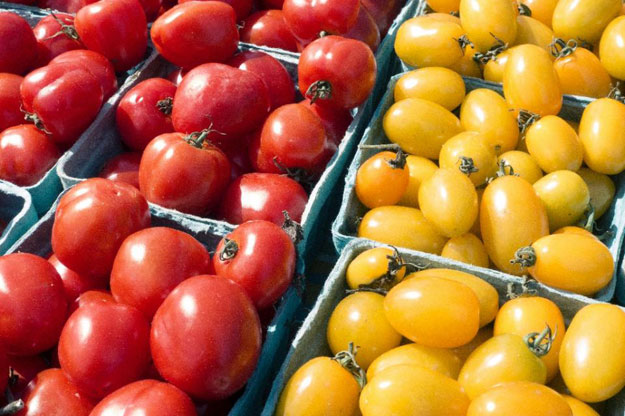
Now, researchers at Harvard and Tufts Universities have laid out concrete steps officials can take by linking food prices to health effects.
Reducing prices of fruit and vegetables while raising prices for sodas and other sugary drinks could save millions of lives, according to a study released Tuesday at the American Heart Association's epidemiology and lifestyle meeting in Phoenix, Arizona.
6 foods you shouldn’t consume after 30
"A change in your diet can be challenging, but if achieved through personal choice or changes in the market place, it can have a profound effect on your cardiovascular health," Harvard professor Thomas Gaziano, the report's lead author, said in a statement.
The researchers developed a computer model that predicted a 10 per cent drop in the price of fruits and vegetables could reduce death from cardiovascular disease by 1.2 per cent within five years and nearly two per cent within 20 years.
The measures could decrease heart attacks by 2.6 per cent and strokes by four per cent over two decades, the report said.
It also found that deaths from cardiovascular diseases could decrease by nearly 0.1 per cent within five years of a price increase of 10 per cent on sugary drinks, and 0.12 per cent within 20 years.
The measures could decrease heart attacks by 0.25 per cent in both timeframes and strokes by 0.17 per cent in 20 years, the report said, adding that diabetes could decrease by 0.2 per cent in five years and 0.7 per cent in 20 years.
Together, small price changes could prevent 515,000 deaths from cardiovascular disease and stop nearly 675,000 heart attacks, strokes and other events from occurring, the computer model predicted.
"These novel findings support the need to combine modest taxes and subsidies to better represent the real costs of food to health and society," Tufts University's Dariush Mozaffarian said.
How salad can make us fat
Encouraging people to eat one more piece of fruit or one more serving of vegetables a day through food assistance programs such as the SNAP program -- also known as food stamps -- could have a significant effect, the researchers said.
Several states and cities such as New York, Philadelphia and San Francisco as well as Native American tribes have attempted imposing sales taxes on sugary drinks. They have been met with little success.
But there have been some exceptions.
The Navajo Nation last year eliminated sales taxes on fruits and vegetables, while increasing them sodas and other junk food.
The tribe -- which numbers 173,600 people living in Arizona, New Mexico and Utah -- is spending the revenue on education campaigns and other programs to promote healthy behavior.
A recent study showed that Mexico's imposition of a small tax on sugary drinks also decreased sales.
It's not all bad news in the United States, too. Changing attitudes have helped sales of soft drinks fall more than 25 percent over the last two decades.



1723032398-0/BeFunky-collage-(36)1723032398-0-165x106.webp)













COMMENTS
Comments are moderated and generally will be posted if they are on-topic and not abusive.
For more information, please see our Comments FAQ